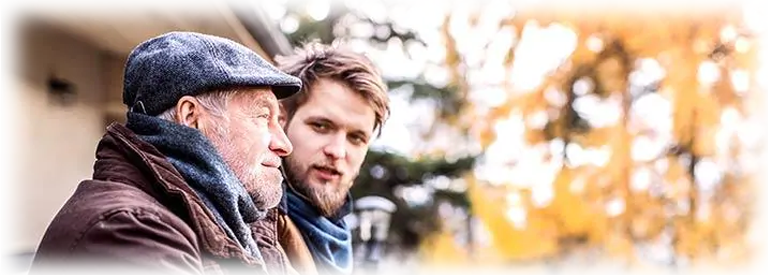
Pros and Cons of Burial vs. Cremation
Whether you are pre-planning your own funeral (a very caring thing to do that can provide peace of mind for both you and your loved ones) or making plans after a loved one has passed, you’ll have many decisions to make.
One of the most basic decisions is that of burial versus cremation. Which is the best choice for you and your family?
Here are some things to consider.
Costs
Because it requires a grave plot, casket, headstone and more, burial is the more expensive option.
Depending on the options chosen, the cost of cremation can be about half that of the average traditional funeral. The main costs are for the cremation itself, urn and logistical expenses. Keep in mind that the federal Funeral Rule forbids funeral directors from requiring a casket for cremation; other choices, including a simple cardboard box, must be offered.
Funeral Service
Many people mistakenly believe that if they want a funeral service they must have a traditional burial. This is not true. If you choose cremation you can have a viewing, funeral service and burial (of the cremated remains). In this case the viewing would be held before cremation, while the burial would be after.
Location of Remains
If you choose cremation you have a number of options regarding what to do with the ashes. These can be scattered in a favorite place (subject to local law), buried in a cemetery, kept at home in an urn or other container, or incorporated into a cremation memorial such as jewelry. If you choose to keep the ashes in an urn or incorporate them into a memorial, these items are portable and can be taken with you if you move. Ashes can also be divided and shared between family members.
With burial, the burial location will never change. This gives visitors a fixed location at which to pay their respects. But if being able to visit the gravesite is important to you and your family members, this can become an issue if you move out of the area and/or for those who live out of the area in the first place.
Religious Considerations
Some religions favor or forbid either burial or cremation. In general, these guidelines are as follows:
- Christianity – Most support both cremation and burial. However, the Eastern Orthodox Church forbids cremation, while the Catholic Church allows it but requires that the ashes be buried or stored in a scared place.
- Judaism – Requires burial and forbids cremation.
- Islam – Requires burial and forbids cremation.
- Hinduism – Encourages cremation.
- Buddhism – Supports both cremation and burial.
- Sikhism – Prefers cremation; allows burial when cremation isn’t possible.
Other Considerations
Cremation is a permanent decision. Once a body is cremated it cannot be “uncremated.” While burial may appear to be a permanent decision, it is possibly for the remains to be exhumed at a later date.
